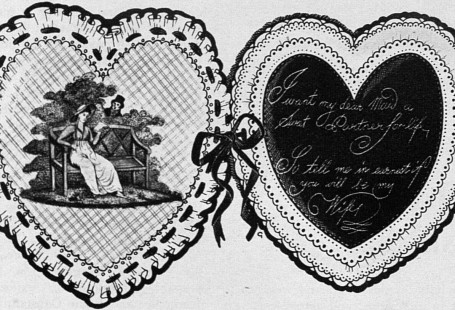
This month in the Cookery Corner, we are taking a looking at international dishes to continue our theme of Travel & Migration. Diving into the newspapers, we uncovered recipes for Flemish Carbonnade de Boeuf, Spanish Paella Valenciana, and Canadian Maple Bread, as well as tips to cook the perfect rice and details about the fashionable war dinners in London.
International dishes
To launch our culinary world tour, I found an article in The Tatler with recipes from multiple countries: Italy, Spain, Portugal, and Flanders. Helen Burke gives us a recipe for Cod Portugaise from Portugal. As Burke explains, ‘The term “Portugaise” applied to a dish, generally means that there are tomatoes in it.’ This dish also has onion, garlic, bouquet garni, parsley, cod steaks, and dry white wine. Next, we head to Spain and discover the Paella a la Valenciana. The article’s recipe, which originated in Valencia, has been taken from The Home Book of Spanish Cookery.

Burke then gives us recipes for Carbonnade de Boeuf from Flanders and Tripe Romaine of Italy. The Italian recipe was given to Burke by the chef of Romano’s in the Strand which came straight from Italy. For the full article, click the image to enlarge the page or the caption will take you directly to the article page.

Spain
Can’t get enough of the Spanish cuisine and want something a little more exotic? Then you should check out this recipe for Perdiz Estofada (partridge stewed with chocolate) from The Sketch, a speciality of Leon.

Japan
I started a search for recipes further afield from Europe and came across ‘war dinners’, a fashionable way to host dinners in 1904. It became popular among society to serve dinners in Russian or Japanese style. The name ‘war dinners’ comes from the fact that at this time the Russo-Japanese War was being fought between the Empire of Japan and the Russian Empire. We never said that early 20th-century society was politically correct or culturally sensitive.

In the Illustrated London News, I did find a Japanese recipe for Tempura, which ‘consists of pieces of fish, especially prawns, and baby vegetables fried in batter and served immediately with a dipping sauce’.

South Africa
During the Second World War, while meat and poultry were rationed, the Ministry of Food made bulk purchases of Snoek (pronounced Snook), a large fish popular in South Africa. It could be used as a cheap source of protein. To encourage the use of the African fish, the Ministry created advertisements with recipes. This advertisement gives us recipes for Snoek and Potato Pie, Fish Envelope, and Watercress & Snoek Spread.

However, the newspapers tell us that this was not a popular fish in Britain. In the correspondence section of the Dundee Courier in 1948, one person wrote that the fish was ‘Too salt for human consumption’ and ‘a bin-raking cat wouldn’t eat it’. He also complained about the Ministry of Food’s choice to buy the fish, ‘How long are the people to put up with the Ministry of Food’s extravagant bad bulk buying?’
If you are interested in a dish from South Africa, I came across Sole a la Birch with South African Wine Sauce. The recipe was found in The Bystander, which printed regular full menus with recipes.

Search ‘The Menu’ and select only The Bystander and you will get hundreds of menus with recipes.
Canada
I was curious to find what other international dishes could be discovered in The Archive. Next, I searched for ‘Canadian Dishes’ and behold I was given a few recipes using Canada’s favourite flavour, maple. Here we have Maple Bread, Maple Cakes, Maple Biscuits, and, for a change, Canadian Cherry Pie.

Italy
To finish our tour, and our dinner, I have found a recipe for delicious Italian Peach Sherbet. To make the dessert you will need 1 large can of peaches, 2 cups of granulated sugar, 1 cup of water, 1 teaspoon of grated lemon rind, juice of 2 oranges, ½ teaspoon rosewater, ½ teaspoon almond essence, and 2 egg whites.

Cooking Tips – Rice
As an added bonus to this month’s Cookery Corner, I have also found a full article on how to make the perfect rice. Many international dishes, such as curry and paella, require rice. Britannia and Eve gives us precise instructions on making this versatile side dish.

Short grain rice is best for baked dishes and long grain is for boiling.
Never stir rice while it is cooking. If cooked in plenty of water it will not stick.
When boiling rice as for curry use boiling water and trickle the rice in slowly, so that the water doesn’t go off the boil.
One cupful of rice to two quarts of water and two teaspoonfuls of salt.






